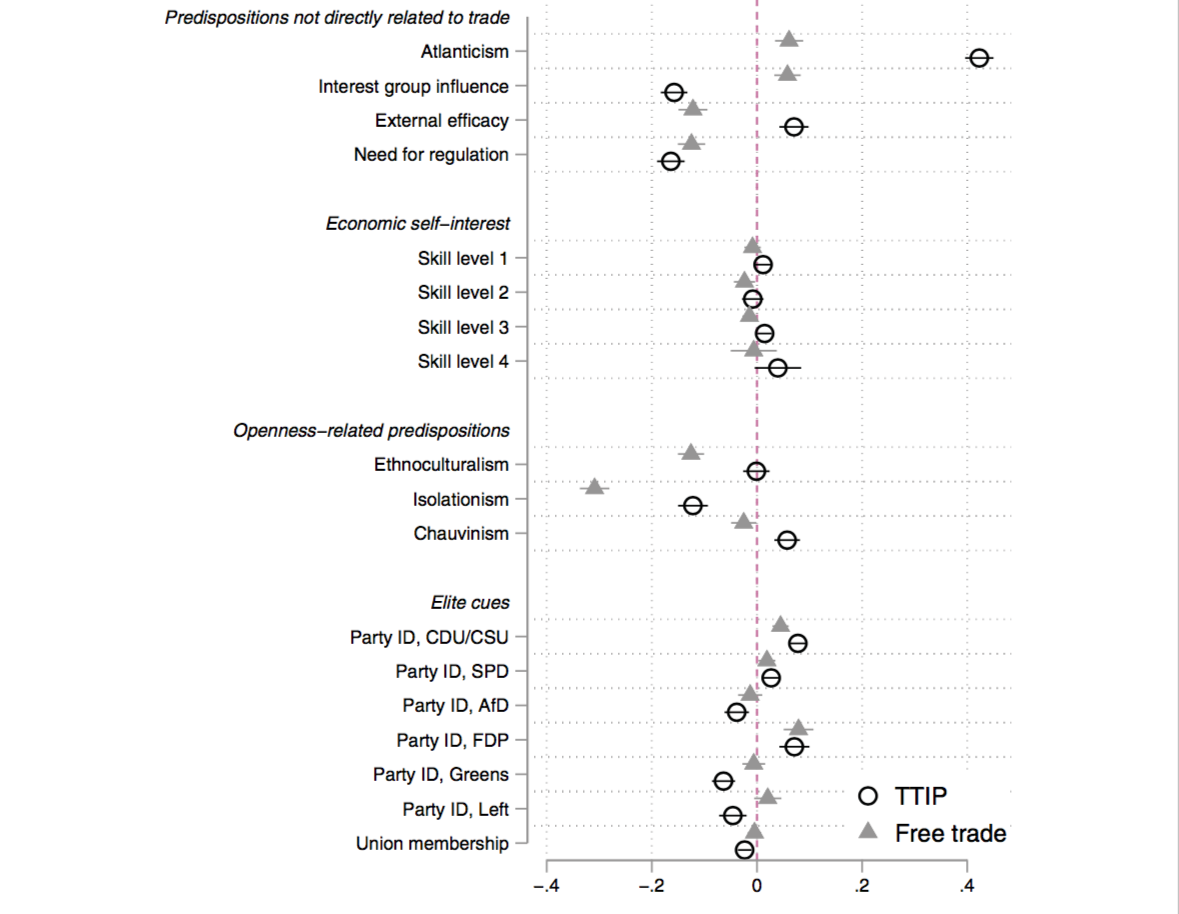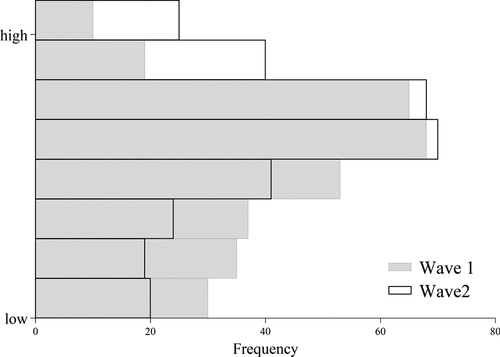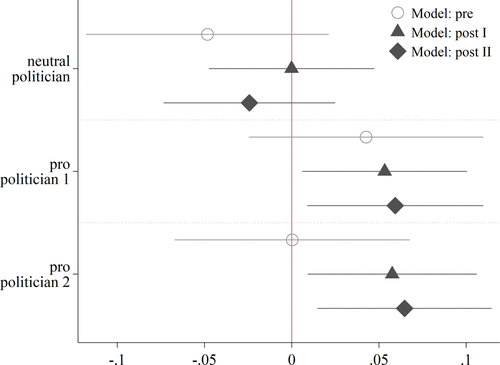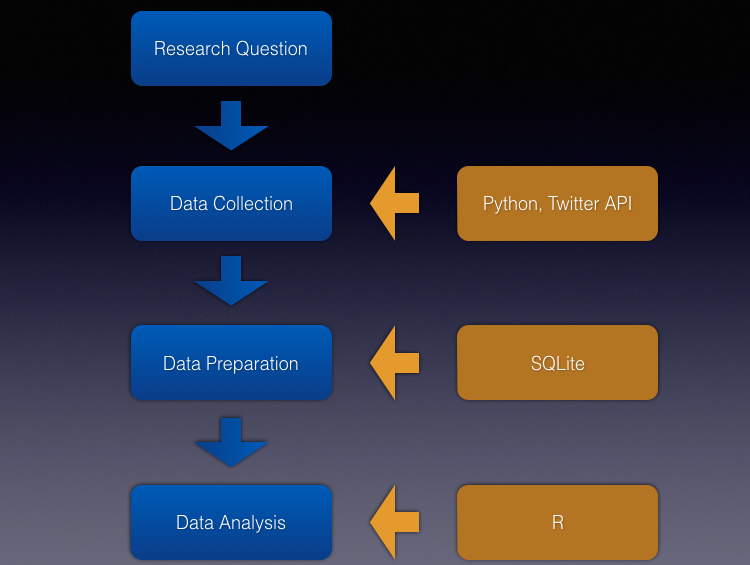A few years back, in autumn 2015, Yannis Theocharis [@Yannis_Theo] and I had the chance to organize a conference at the University of Mannheim’s MZES on the uses and misuses of big data in the social sciences. Now, the Journal of Information Technology & Politics has published a special issue inspired by the theme of the conference The empiricist’s challenge: Asking meaningful questions in political science in the age of big data.
Our goal as editors of the special issue was to provide a forum for authors to discuss the opportunities arising from the use of big data in the social sciences as well as the underlying challenges. From our original call for papers:
The continuously growing use of digital services has provided social scientists with an expanding reservoir of data, potentially holding valuable insights into social systems and political behavior. The potentials of the use of digital trace data in social science research has famously given rise to the terms “big data” and “computational social science”. Using such data, social scientists have argued, will enable us to better understand social, political and economic life through the generation of large datasets that are composed not of questions asked of citizens concerning their attitudes and behaviors, but of the digital traces of their actual behaviour as they navigate the online world.
After a first phase, in which researchers demonstrated the potentials of the use of digital trace data in the social sciences through case studies, the field now has to enter a second, and some would argue, more demanding phase. To move into the core of social science, researchers using digital trace data have to connect with established research traditions and theoretical discourses. This involves: developing standards for data collection, preparation, analysis and reporting; establishing more systematic links between the existing body of research in the social sciences; and moving away from proofs-of-concepts, and towards the systematic development and testing of hypotheses. This goes hand in hand with providing better justifications as to why and how the use of specific digital trace data collections improves upon previous approaches in the social sciences as well as providing better evidence for digital trace data’s problem-solving capacity.
We were very lucky in the interest this call generated among our colleagues. The special issue collects pieces by Salla-Maaria Laaksonen, Matti Nelimarkka, Mari Tuokko, Mari Marttila, Arto Kekkonen, & Mikko Villi, Viktoria Spaiser, Thomas Chadefaux, Karsten Donnay, Fabian Russmann, & Dirk Helbing, Shannon C. McGregor, Rachel R. Mourão, & Logan Molyneux, Deen Freelon, and Nick Couldry.
With the special issue, we hope to contribute to the ongoing vibrant debate about the use of big data in the social sciences. As is often the case with technological phenomena forcefully entering the public debate, the conversation surrounding the potentials and risks of digital trace data has been characterized by much hyperbole. Even when acknowledging the many pitfalls in the work with “big data” we believe their potential for the social sciences in general and political science in particular is considerable.
Most of all, we believe we should focus on how digital trace data allow us to ask new and meaningful questions in the social sciences instead of losing ourselves in ultimately fruitless games of prediction. This implies: (a) using these new data to reassess existing theories, but most importantly building new ones in light of new insights that could not have been acquired with previous research tools; (b) developing new concepts and measures that, in combination, can help us better understand how attitudes and behaviors captured by this new data source map not only onto larger phenomena, but also onto our existing understandings, thereby making clearer what inferences we can and cannot draw in the study of complex social and political processes; (c) reassessing our epistemological tools and methods and through interdisciplinary collaborations, re-tuning them to synergize, rather than compete, with one another; and (d) making sure that this entire research program remains consistent with scientific values, ethics, and practices.
Research using digital trace data has made huge strides in a very short time. This new data source enables remarkable and exceptionally creative scholarly work, asking meaningful questions and providing insightful answers about the workings of a variety of social and political phenomena and processes, all the while inviting us to revisit established theories and revitalizing interest in social and political processes whose mechanics social scientists presumed as well established for more than half a century. In light of this ongoing development, we are excited to present you with a stimulating collection of articles that demonstrate some of the best aspects of big-data research and at the same time provide thrilling new insights into various topics in the field of information technology and politics.
We elaborate on these points in our introduction to the special issue:
Abstract: The continuously growing use of digital services has provided social scientists with an expanding reservoir of data, potentially holding valuable insights into human behavior and social systems. This has often been associated with the terms “big data” and “computational social science.” Using such data, social scientists have argued, will enable us to better understand social, political, and economic life. Yet this new data type comes not only with promises but with challenges as well. These include developing standards for data collection, preparation, analysis, and reporting; establishing more systematic links between established theories within the existing body of research in the social sciences; and moving away from proofs-of-concepts toward the systematic development and testing of hypotheses. In this article, we map these promises and challenges in detail and introduce five highly innovative contributions collected in this special issue. These articles illustrate impressively the potential of digital trace data in the social science all the while remaining conscious of its pitfalls.
EDITED VOLUME
Andreas Jungherr and Yannis Theocharis (Eds.). 2017. Special Issue: The empiricist’s challenge: Asking meaningful questions in political science in the age of big data. Journal of Information Technology & Politics 14(2).
INTRODUCTION
Andreas Jungherr and Yannis Theocharis. 2017. The empiricist’s challenge: Asking meaningful questions in political science in the age of big data. Journal of Information Technology & Politics 14(2): 97-109. doi: 10.1080/19331681.2017.1312187
FURTHER READING
Andreas Jungherr (2017). Normalizing Digital Trace Data. In Digital Discussions: How Big Data Informs Political Communication, eds. Natalie Jomini Stroud and Shannon McGregor. New York, NY: Routledge. (Forthcoming). [Preprint]




